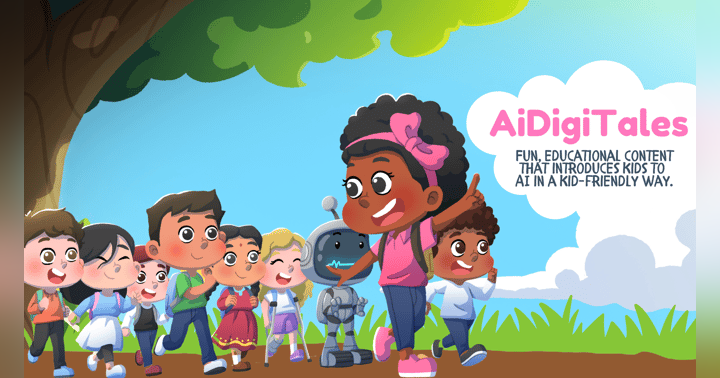Aligning to Standards is Key for Edtech Platforms, says Judy AI Founder Alex Hassan

Last night, I had an enlightening conversation with Alex Hassan, founder of Judie AI, on my podcast "My Ed Tech Life." We dove deep into the origin story of Judie AI and Alex's mission to leverage AI to make education more accessible and personalized, along with how important it is to align your platform with standards.
One of the key takeaways from our discussion was the importance of aligning edtech products and platforms to state and national standards. As someone who has worked in education and edtech for many years, I've seen countless companies struggle because they didn't align their tools and content to the standards teachers and schools are required to teach. No matter how engaging or innovative a platform is, it won't get used if it doesn't directly address the standards.
Alex stressed that when he first started developing Judie AI, one of the first things he did was ensure it aligned with relevant standards. He wisely suggests that any edtech founder or CEO should begin their product design process by talking to superintendents and asking what standards they need to meet. Building features first without considering standards compliance is a recipe for failure.
Alignment to standards provides a solid foundation upon which all other elements – the tech, the user experience, the analytics – can thrive. Without that base layer, nothing else matters.
Beyond standards alignment, Alex and I explored how AI, like Judie AI, can help educators individualize and personalize learning for every student. While a teacher can't possibly adapt their teaching style and approach 30 different ways for 30 students, AI tutors like Judie AI have the ability to understand each learner’s strengths, gaps, interests, and motivations.
Just as Alex had to tailor his tutoring approach to each student when he worked one-on-one as a private tutor, Judie AI leverages large datasets and advanced algorithms to “get to know” each student. It determines knowledge gaps, learning preferences, optimal teaching strategies, and ways to engage and motivate.
This level of individualization isn’t feasible at scale for human teachers in physical classrooms. But we now have the ability through AI to replicate that 1:1 tutoring dynamic in a digital environment, ensuring no student slips through the cracks.
Though there are risks of overpromising, privacy concerns, and potential misuse, AI clearly holds immense promise to help teachers differentiate instruction in powerful new ways. It was fascinating to learn from Alex how much rigorous, thoughtful work goes into developing an educational AI platform that responsibly and safely lives up to that promise.
Listen or watch the full episode!









